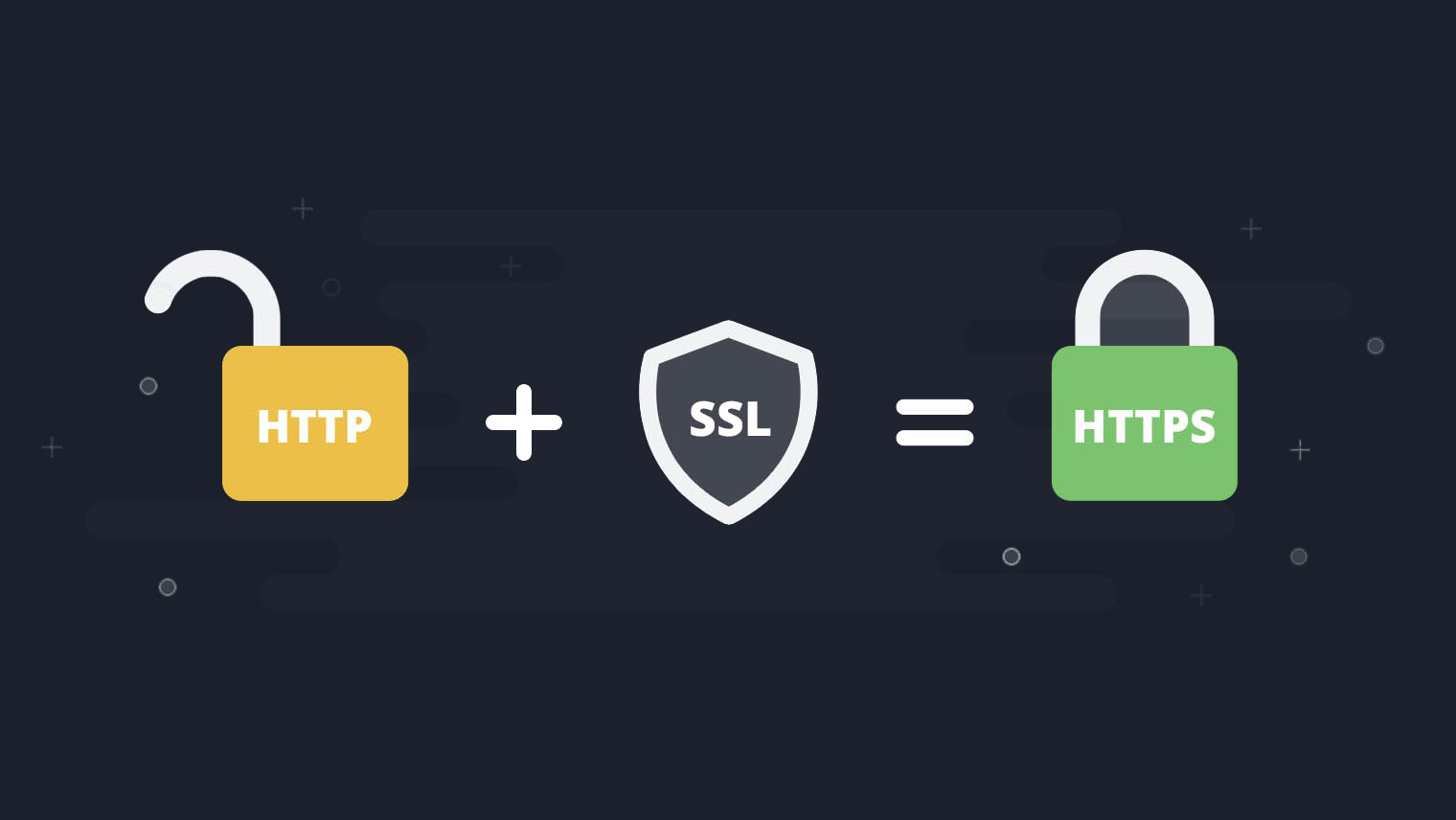An SSL certificate is a data file that works as an encryption and validation tool for online transactions, assuring the customer that the transaction is secure from any third-party interception. The SSL Certificate enables organizations to conduct business over the internet or enable their websites to function in a way they desire.
What Does It Mean When A Site Is Not Secure?
When we browse a website it shows a security warning message in browsers and which means the site is not secure. Some browsers like Google Chrome and other major browser displays a “Not Secure” warning when a user enters any type of sensitive information such as username, password, etc. because the HTTP protocol does not provide confidentiality to users’ browsing history or visited pages. SSL certificate acts as a trust mark for your customer which provides confidence that their data is secure as it will be encrypted during transfer between the client browser and web server hosting website.
What Are Different Types Of SSL Certificates?
As cybersecurity standards become more stringent, there are different types of certificates available for use by companies large and small. Although the most common version is the standard SSL, variations include Extended Validation (EV) certificates and Unified Communications (UC) certificates. All these certs forms perform similar functions but serve different purposes.

How Does An SSL Certificate Work? How Can I Recognize One?
When a user enters any data into a website’s form, a secure connection is created to securely send information from the web server. This type of connection only works on pages with SSL enabled. The SSL encrypts all transmitted data that passes between your computer and the server you are trying to connect with, allowing only authorized parties access to this information. A hacker can steal sensitive information such as passwords, credit card numbers, or social security numbers if you don’t have one of these certificates in place.
Do I Need SSL Certificate?
SSL certificates are mostly used on eCommerce websites to protect credit card details. Without SSL in place, any data that goes back and forth between the website and your browser can be intercepted by hackers or other third parties with only a few keyboard strokes. That’s why, if you are using an online payment gateway to send or receive information about payments. SSL is mandatory for most banks to transfer customers’ financial information securely through their websites. Usually, before issuing an SSL certificate, the issuer will check which type of encryption is being used by the website owner with reference to the TLS protocol version. TLS 1.2 is considered a more secure version than the older one because it provides strong protection against modern security threats when properly configured.
When Should You Use An SSL Certificate?
Whether you’ve received an email from your bank or an online retailer asking you to update your account details; whether you’re making purchases on your favorite shopping site; transferring money between accounts; paying bills – these are all situations where you need to be sure that the site you’re visiting is secure.
The little padlock in the corner of your browser shows you when you can feel safe transmitting personal information, but it only shows the strength of encryption used to protect data; it doesn’t show whether your connection is being monitored by a third party.
Do You Need More Than HTTPS?
If you run an online business and want to increase customer confidence, then SSL’s combination of trust and reassurance makes it a must-have. An SSL certificate helps create credibility with customers, increasing their trust in your business, resulting in more sales for you.



